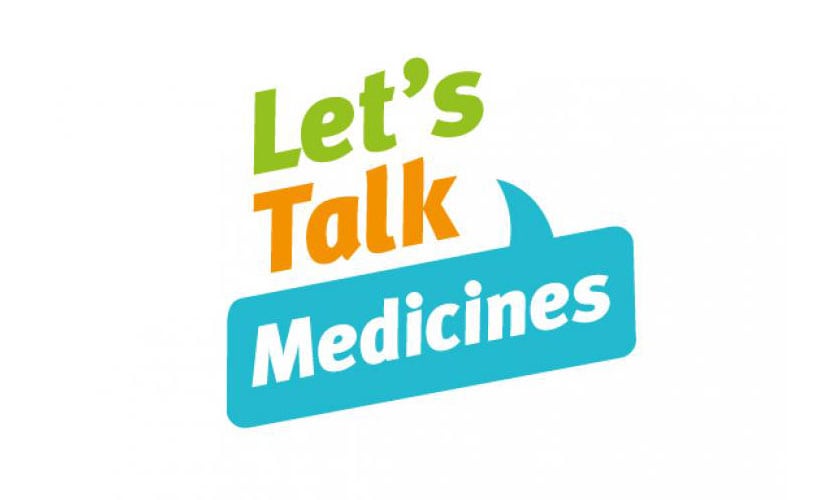In 2021-2022, over 135,000 adult New Zealanders did not pick up their medicines from their pharmacy because of the cost of their prescriptions. The $5 prescription fee has often been considered a barrier for many patients to access regular medicines. So the decision by the government to remove the $5 prescription fee (co-payment) from 1 July 2023 will help all New Zealanders gain better access to medicines. Pharmacists, along with many other health professionals as well as patients have welcomed this announcement.
History of the prescription charge:
The prescription fee has a history of causing anxiety to both pharmacists and patients. Many households in New Zealand have one or more family members on multiple regular medicines. The monthly total of prescription charges could often be a big chunk out of a household’s weekly expenses. Many times as a community pharmacist I was asked by a patient to choose the most important medicine for them as they could only afford one or two that month. If they picked up all of their medicines they would have less money for food, petrol or power. I would put the rest of the medicines “on hold” to be picked up if or when the patient could afford it.
The prescription fee was a charge set by the government, collected by pharmacies and passed back to the government. This was difficult for patients to understand as many were under the impression the $5 fee was set by pharmacies who collected it for the benefit of their pharmacy business. Pharmacists often spent a great deal of time trying to explain this concept to patients. What made things more confusing was when many of the big chain and discount pharmacies started offering “free prescriptions” and not charging the $5 fee. These pharmacies made a business decision to absorb the financial loss. Smaller, sole proprietor pharmacies were often not in a position to be able to offer free prescriptions.
Medicine compliance:
Medicine compliance means taking a medicine as prescribed. Compliance is very important in controlling chronic health conditions, treating acute illnesses and maintaining overall long-term health and well-being.
Many medicines need to be taken regularly for patients to get full benefit, rather than using them on a “stop-and-start” basis. Taking too little of a medicine can cause side effects and ineffective treatment of the health condition it was prescribed for. Not taking a medicine can lead to worsening of existing conditions, and treatment failure can lead to new health conditions. People don’t realise the damage of not taking their medicines regularly e.g. not taking blood pressure medication can lead to stroke, heart disease and kidney failure. Because the health effects of stopping or pausing a medicine are not always immediate, people think that it will be ok for them to go without, but this is not the case.
Recent research:
The University of Otago has research to show that prescription fees have led to unnecessary hospitalisations. A study, led by researcher Professor Pauline Norris found that “removing the $5 prescription charge for people in areas of high socioeconomic deprivation reduces the number of hospital admissions and the length of stays”. The combination of a patient with high health needs and low income has meant that the prescription fee was an insurmountable barrier.
Hopefully people will be more compliant with their medicines, now that the $5 prescription charge has been removed. Increased compliance decreases the number of doctor visits and keeps people out of hospital.
Non-subsidised medicines and specialist prescriptions:
The announcement affects only subsidised medicines – patients will still need to pay the full charge of unsubsidised medicines. Prescriptions from specialists and non-funded prescribers will still have a $15 co-payment that needs to be paid by the patient.
Support the health of yourself and your family members by collecting all of your medicines and remembering to take them regularly. From the 1st July this will be made a little easier by the removal of the prescription fees, and will be one less financial pressure to worry about as our costs of living continue to rise.

















Community